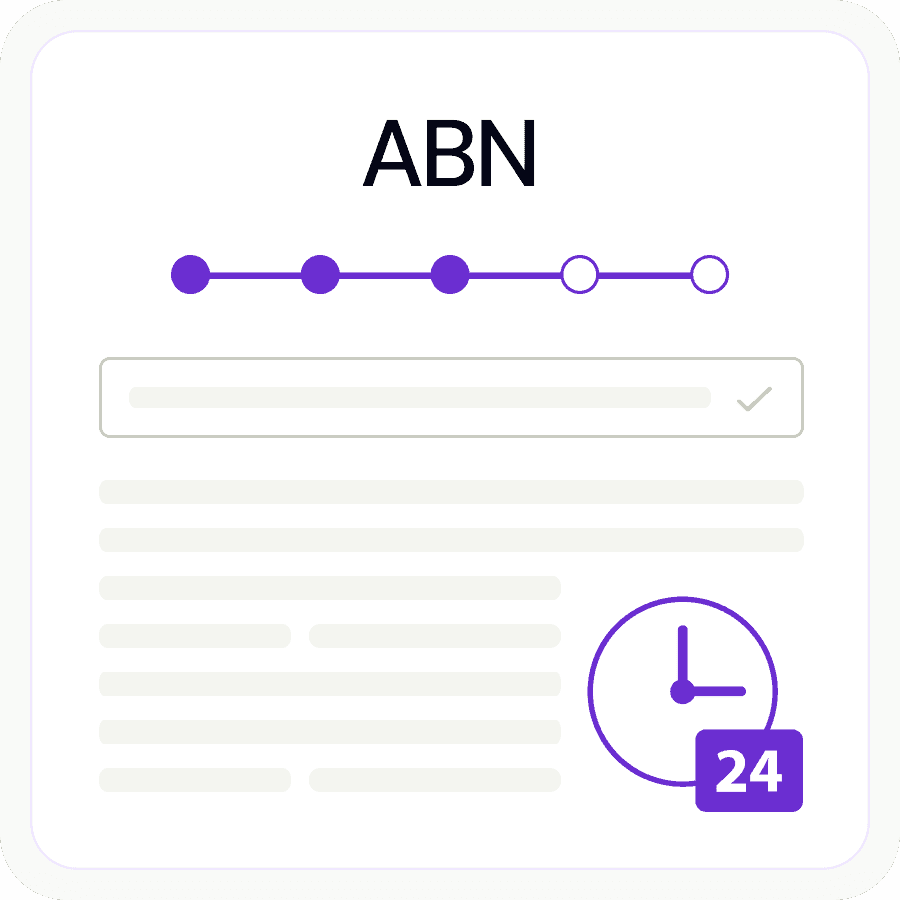An Excise duty is an indirect, commodity-based tax that is imposed on certain goods that damage consumer health or pollute the environment. Unlike other taxes, the excise tax applies at the moment of manufacture, instead of at sale. The Australian Taxation Office (ATO) levies this tax on certain types of goods produced or manufactured in Australia. These goods include; Alcohol, Cigarettes, Fuel, and Petroleum products. As a result, these excise duties raise the price consumers to pay to discourage future consumption or waste of such products.
How does it affect my business?
It is a requirement that Businesses producing, manufacturing or storing these goods in Australia must have an excise license. The ATO issues these licenses. In addition, once you have your license, your business must lodge excise returns and pay excise duty. You should check the ATO website to make sure you correctly lodge your returns. If your information is incorrect, it could delay the processing of your excise return. If you are still unsure, the ATO provides further excise information here.
You may have heard of the term ‘underbond’ mentioned in relation to excise goods. This occurs where excise duty hasn’t been paid on excisable goods. If you wish to store underbond goods, you need an excise license. Furthermore, if you intend to move or export underbond goods, you must also be granted permission from the ATO before moving or exporting your goods.
What excise duty rate should I use?
As rates do often change, it’s important you ensure you are using the correct excise duty rates when calculating your liability. For those unsure what duty rates apply, the ATO provides tables that reflect the specific excise duty rates that apply. These tables are simplifications of the Schedule to the Excise Tariff Act 1921. For more information, follow these specific links for the excise duty rates for Alcohol, Fuel, and Tobacco respectively. Therefore, If you are going to be dealing with excisable goods, we recommend you become familiar with these specific rates.
Final Thoughts
In conclusion, if your business deals with excisable goods, it’s important you are aware of your specific responsibilities. Our lawyers are able to assist you in any issues you might have.






